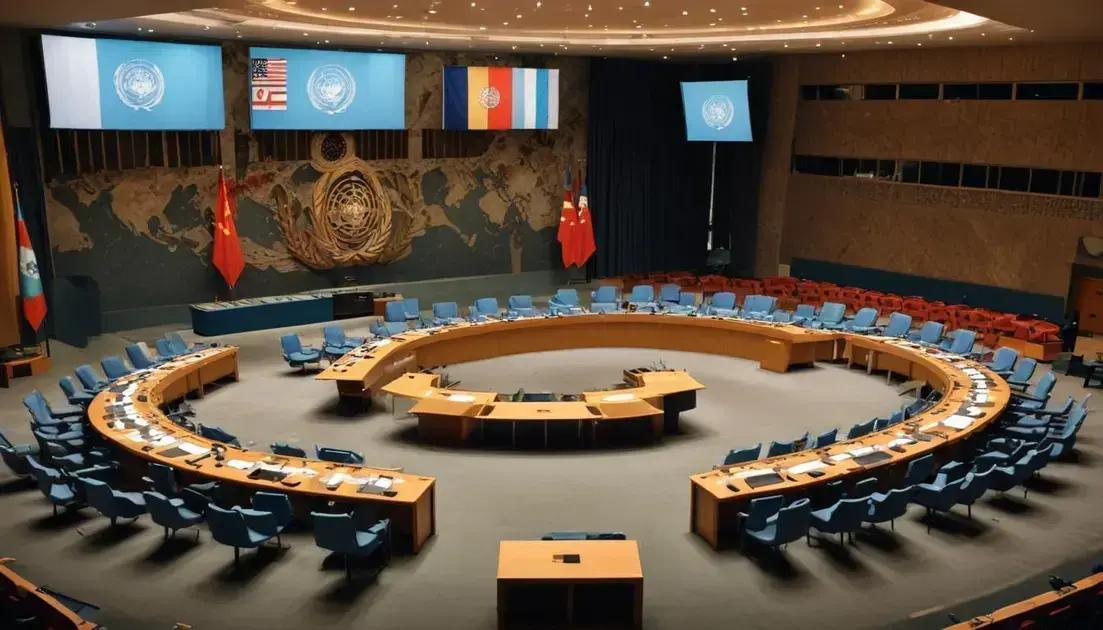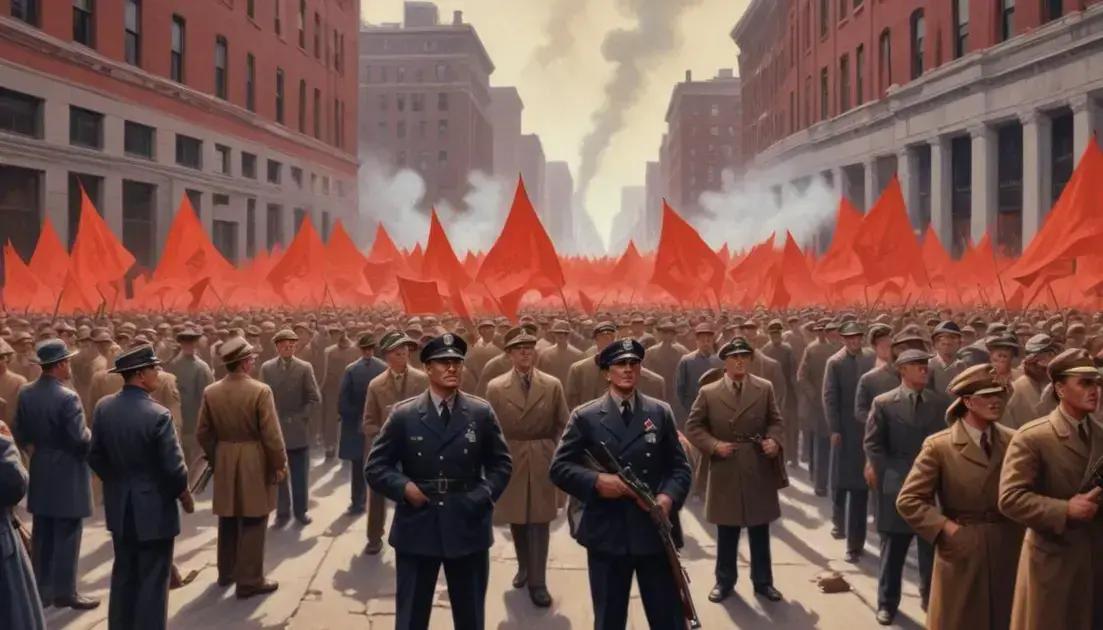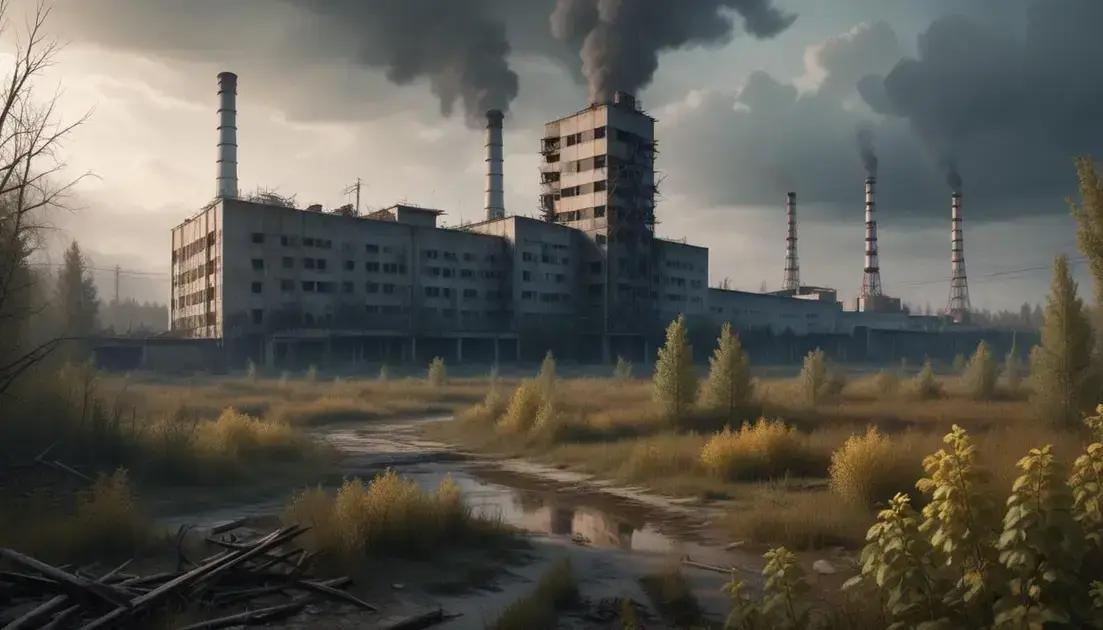
The UN and the Cold War’s Lingering Legacy
The Cold War significantly shaped modern international relations, affecting political alliances, economic strategies, and cultural expressions. Its legacy includes the persistence of ideological divides and ongoing global conflicts. The United Nations continues to address these challenges while promoting peace and cooperation among nations. Understanding the impacts of the Cold War is essential for navigating today’s complex geopolitical landscape.
As the world grapples with challenges, the Cold War remains a pivotal backdrop in understanding the United Nations’ role today. What does this legacy mean for the future?
Impact on International Relations
The Cold War has had a lasting impact on international relations, shaping the way countries interact today. The United Nations was formed during this time as a way to promote peace and cooperation. It still carries the weight of its origins.
How It Shaped Alliances
During the Cold War, nations formed alliances based on shared ideologies. For example, NATO came together to counter the Soviet threat. These alliances can still be seen today, as countries work together to address global issues.
Conflicts and Resolutions
The Cold War also led to several conflicts worldwide, like those in Korea and Vietnam. The UN played a role in these situations, attempting to mediate and maintain peace. This role continues, as the UN seeks to resolve modern conflicts.
Influence on Global Policies
Many global policies today still reflect the divisions of the past. Issues like military spending and human rights are often viewed through the Cold War lens. Countries are still influenced by these historical contexts in their decision-making.
Understanding this history helps us see why some international issues are complicated. The Cold War‘s legacy continues to challenge nations as they work together for a better world.
The Role of the UN
The United Nations plays a crucial role in world affairs. It was created to help maintain peace and security. One of its major tasks is to prevent conflicts and resolve them when they happen.
Promoting Peace
The UN sends peacekeeping missions to conflict areas. These missions help protect civilians and create safe environments. By doing this, the UN works to reduce violence and build trust among groups.
Facilitating Cooperation
Another important role of the UN is to encourage countries to work together. It provides a platform for dialogue and negotiation. Member nations can discuss issues that affect everyone, like climate change and poverty.
Addressing Global Challenges
The UN is also involved in tackling major global challenges. It sets goals, such as the Sustainable Development Goals. These goals aim to improve living conditions for everyone, especially in poorer countries.
Through various agencies, the UN helps with health, education, and human rights. Its work is vital for the betterment of humanity. The UN’s efforts illustrate how collaboration can lead to positive change.
Legacy of the Cold War
The Cold War left a deep legacy that still affects us today. Countries divided by ideology often struggle to collaborate even now. The tensions created during this era have shaped many modern conflicts and alliances.
Political Impact
Politically, the Cold War established a world where regions were polarized. For example, the U.S. and its allies faced off against the Soviet bloc. This division created mistrust and ongoing rivalries.
Economic Consequences
The Cold War also influenced global economies. Nations prioritized military spending over social services. This focus has had lasting effects on economic development and welfare programs in many countries.
Cultural Influence
Culturally, the Cold War shaped art, literature, and media. Many films and books reflect the fears and aspirations of this time. The tension inspired movements and expressions of dissent in various societies.
Understanding the legacy of the Cold War helps us make sense of current international issues. The divisions and alliances born out of this era continue to affect global politics today.
Conclusion
In conclusion, the Cold War has left a significant mark on our world today. Its political tensions, economic impacts, and cultural influences continue to shape international relations. By understanding this history, we can better navigate today’s complex global landscape.
From the formation of alliances to ongoing rivalries, the legacy of the Cold War affects how nations interact. Recognizing these connections is crucial as we work toward a more peaceful future. Together, we can learn from the past and strive for cooperation, ensuring that the lessons of the Cold War guide us towards better global understanding.


